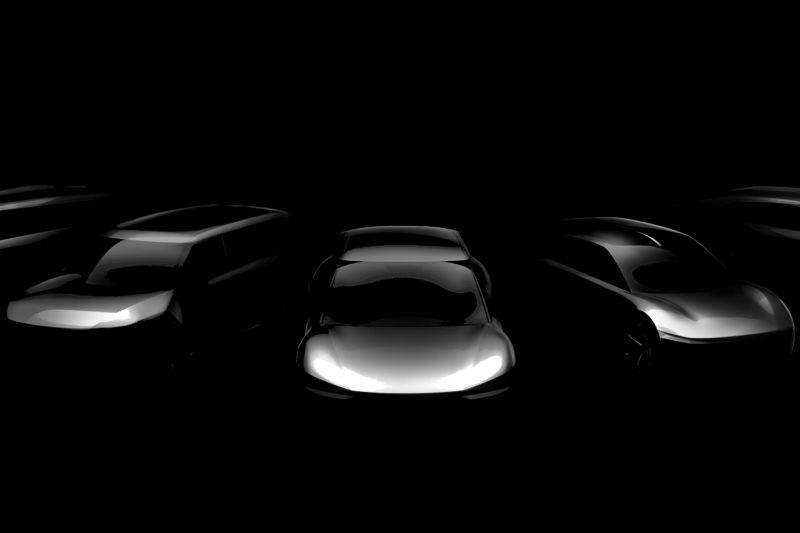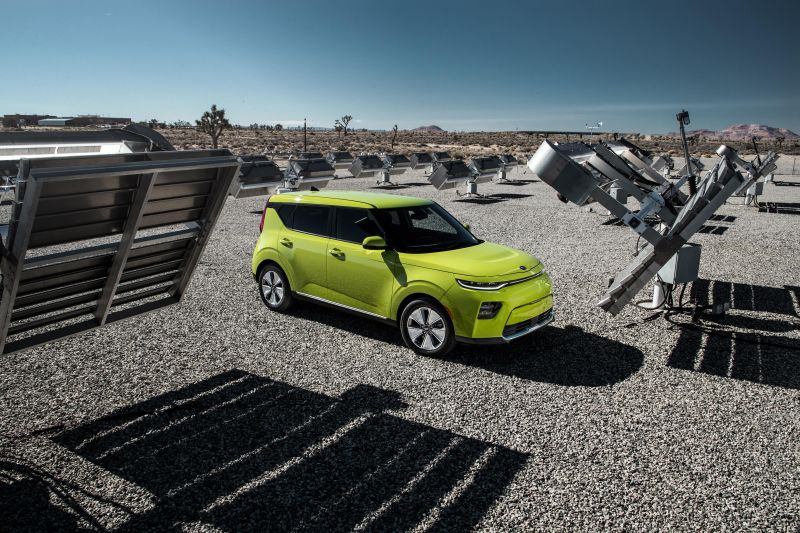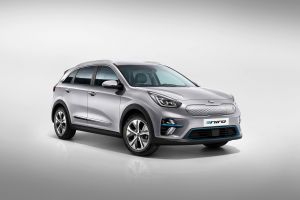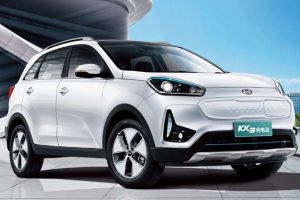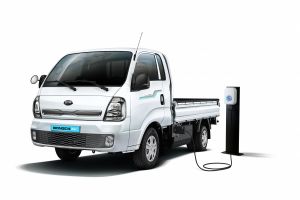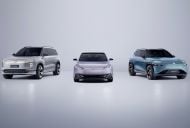When it comes to Korean electric vehicles, Hyundai’s new Ioniq brand won’t be having all the fun.
Kia is planning an aggressive rollout of electric vehicles, saying it wants to launch seven such vehicles by 2027 and have 11 battery-electric vehicles in total by 2025. It’s part of an ambitious program called Plan S.
The first dedicated electric vehicle to come from Kia will be a model codenamed CV, set to launch next year, which will also preview Kia’s new design direction. It’s expected to use the new Electric Global Modular Platform that’ll underpin the Ioniq 5, Ioniq 6 sedan and Ioniq 7 SUV.
The company released a shadowy teaser photo that shows all seven upcoming vehicles, at least four of which appear to be SUVs. Two are quite clearly lower passenger cars.
Kia is aiming for 25 per cent of its sales volume to come from electrified vehicles by 2029. By 2025, it hopes EVs to account for 20 per cent of its sales in “advanced markets” like Korea, North America and Europe.
The upcoming EVs will be across a range of different segments, with Kia promising “models suitable for urban centers, long-range journeys, and performance driving”.
Beyond simply introducing these new models, Kia is working to install thousands of EV chargers – 2400 in Europe and 500 in the US. It’s also increasing the number of EV work bays worldwide to 600 by the end of this year, and to more than 2,000 by 2023.
Also on the agenda: a strategic partnership with charging infrastructure company Ionity and potentially a new vehicle subscription service.
Currently, Kia has the Niro EV, Soul EV and Bongo III light truck but each of these are available with internal combustion engines. It’s also offered an electric version of its Korea-only Ray micro car, as well as the electric KX3 SUV produced by its Chinese joint venture Dongfeng Yueda Kia.
The first of these to launch was the Ray EV, which debuted in 2011. Since then, Kia has sold over 100,000 battery-electric vehicles.
The teaser image has shades of Toyota’s reveal of the six battery-electric vehicles it wants to release by 2025, though it didn’t cloak its vehicles in darkness like Kia or General Motors.
Also joining Kia and Ioniq in releasing electric vehicles is fellow Hyundai Group brand Genesis, which recently applied for a trademark registration for the name eG80 – which we’ve spied testing – as well as ‘e’ versions of the G70, G90, GV70, GV80 and GV90.





